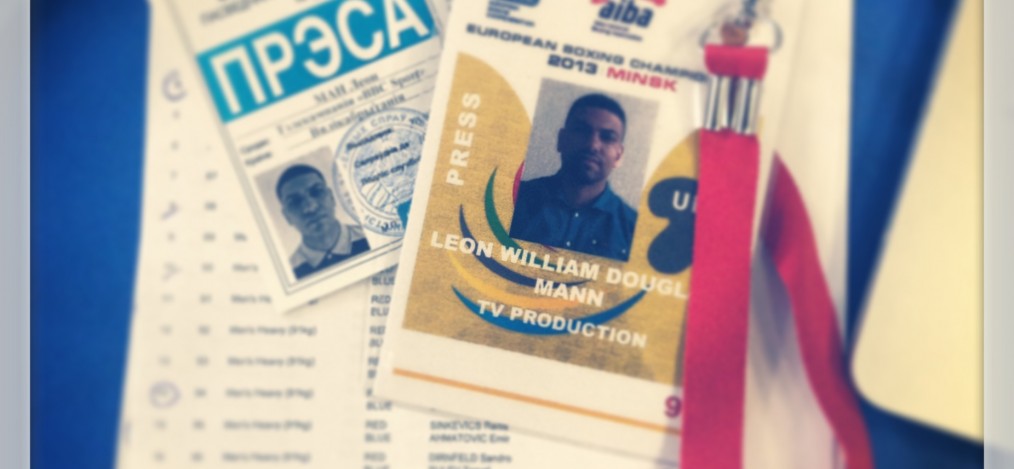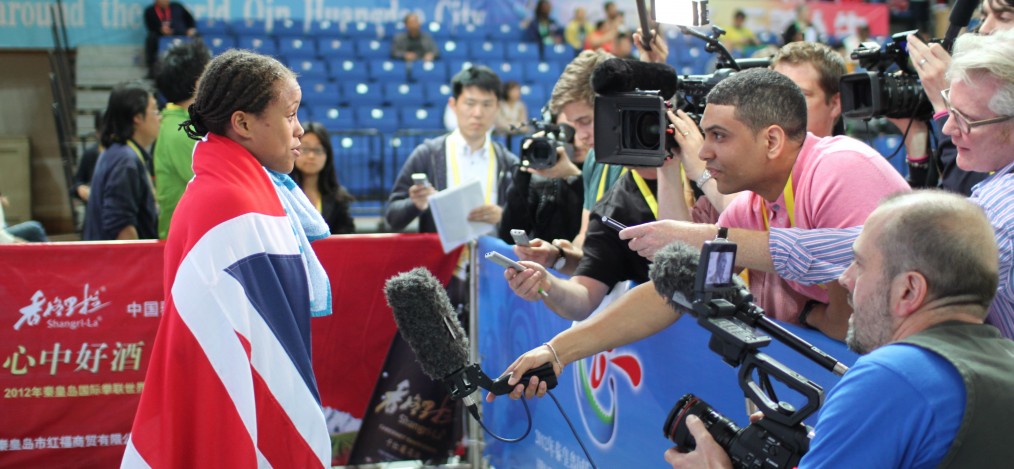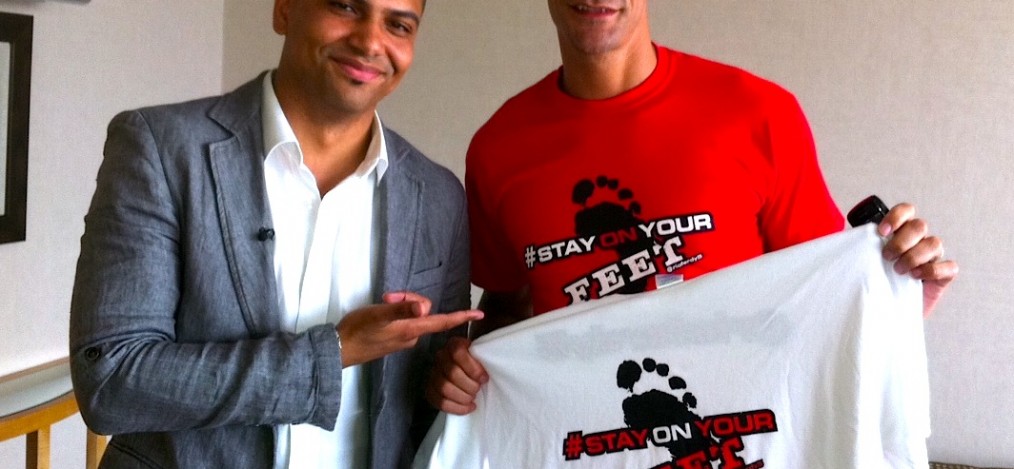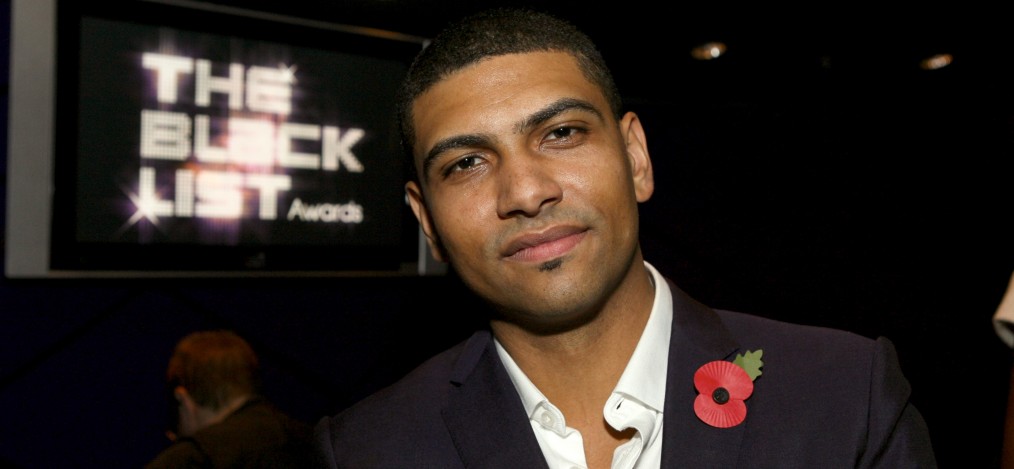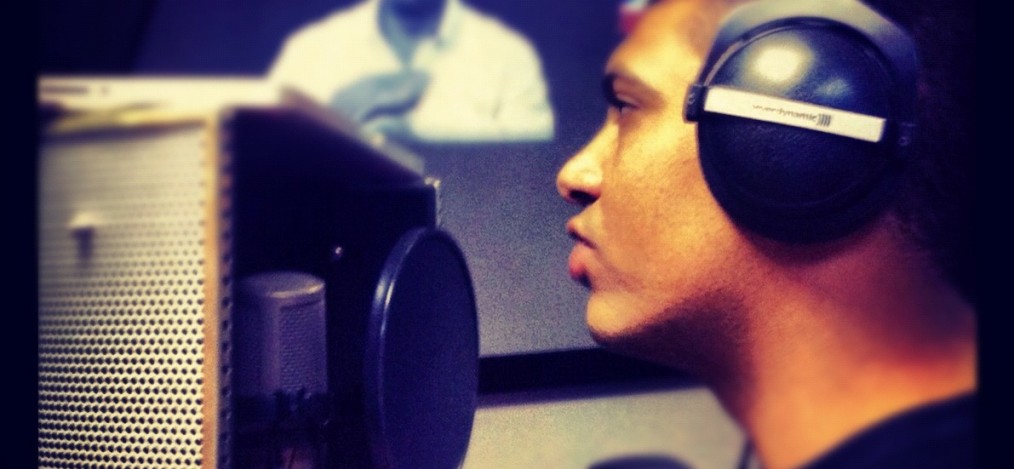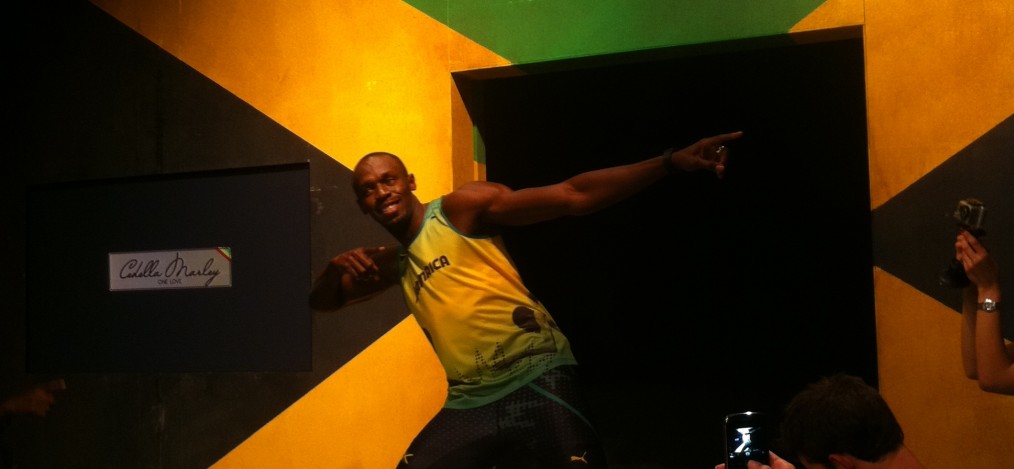One of the best things about being a journalist is that the job can take you to some mad interesting places.
I recently got a call to see if I’d be up for some reporting in Belarus at the European Amateur Boxing Championships. So I jumped at the chance.
In preparation, like all good journalists, I googled “Belarus” + “Minsk”, read that it was previously part of the Soviet Union and had the world’s largest population of Bison, then hopped on a half full 40-seater jet. (I spent my proper research time, reading up on the boxing!).
What I found when I got to Minsk, the capital of Belarus, was a very clean country who were ferociously proud to be hosting a major sports championship.
Our fixer on the trip was a real character. The perfect guide, as he was remarkably proud of his country and fancied himself as a bit of a historian. He took great pleasure in showing us around the beautiful city, taking us to eat with the locals and relaying stories of his time in the Soviet army.
Often when working in, or visiting, countries where there aren’t many black people (I saw two – away from the boxing venue) I get a bit anxious about the issues I may face. It’s an instinctive thing based on previous experiences. Sadly, it’s been pretty commonplace in my life to face distinctly different treatment to that I expect when I’ve been in certain parts of the world. But I had no such problems in Minsk.
In fact, my time there was so hassle free I only reflected on this issue when I got home to the UK. That isn’t to say that those issues don’t exist for the local ethnic minority populations. As a realist, who has worked extensively with ethnic minority communities across Europe, I know the power of the pound can protect you from all sorts… (Or in this case – Belarusian ruble)
Having had an interesting time in Belarus, I asked myself whether I would go back again?
In all honesty, I’m not sure I would – unless it was for work. But this is only because Minsk is pretty small, so I got to see most of it and sample the local culture.
I certainly wouldn’t discourage anyone from taking a butchers. It’s a beautiful place with a fascinating history and some very friendly people. I just hope it doesn’t turn into a stag do destination. It has all the characteristics for this to happen. Cheap (ish) beer and a high ratio of women to men.

